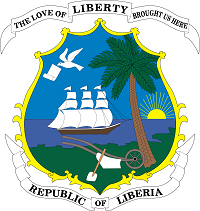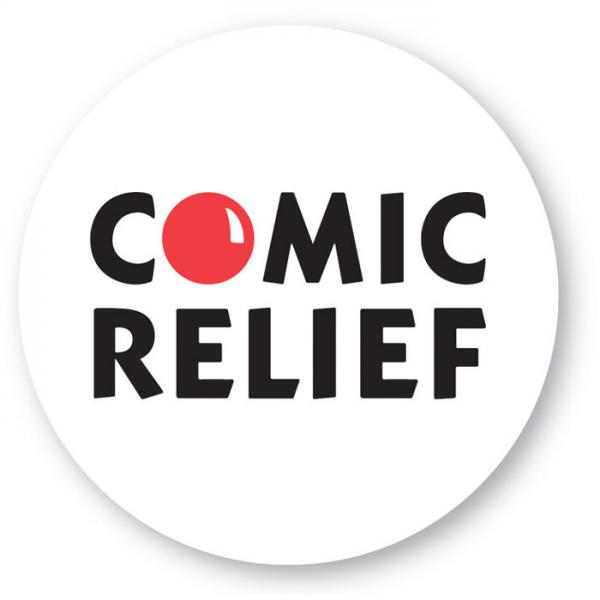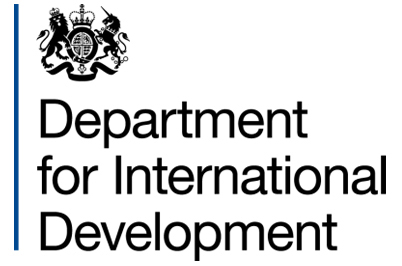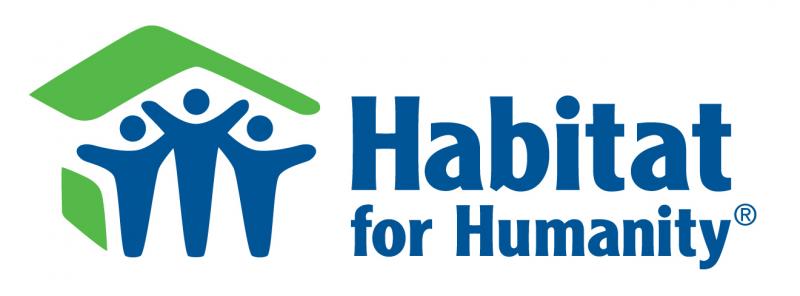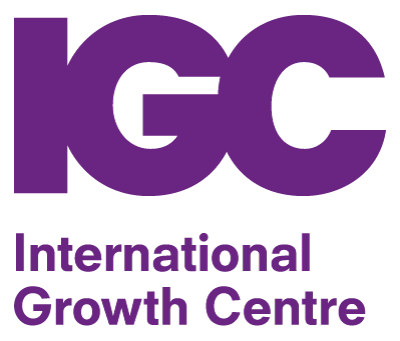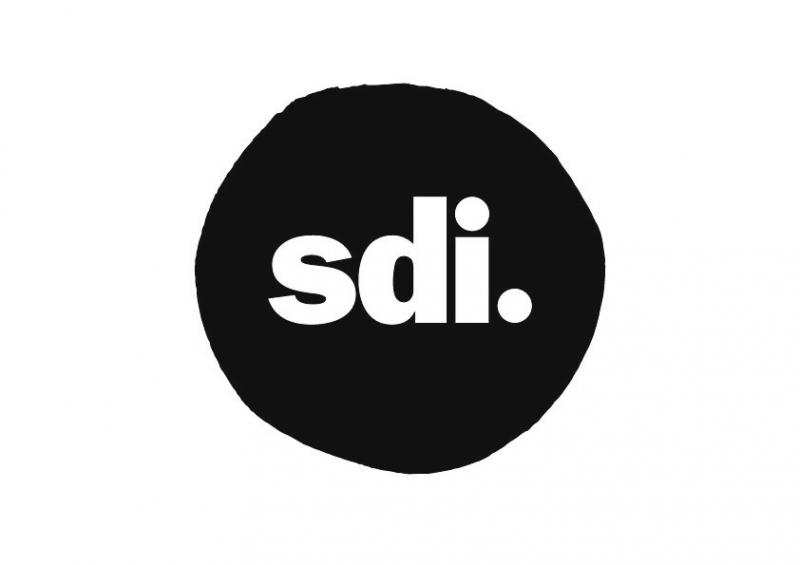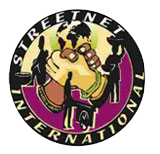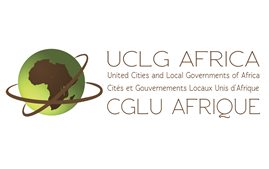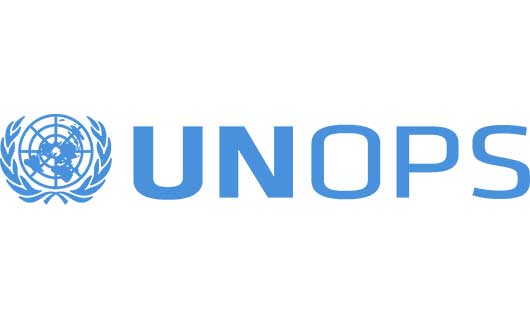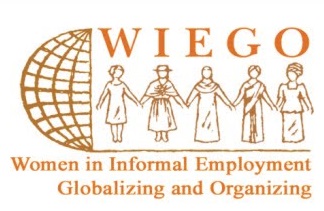- home
- About Us
- How We Work
- Projects
- Knowledge Centre
- Newsroom
- Resources
The Liberia Country Programme
- Tweet
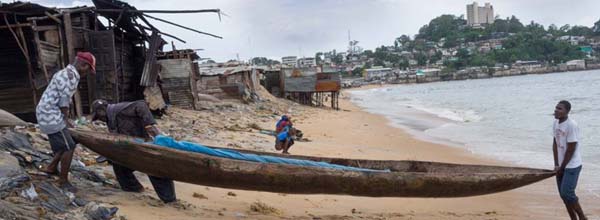
The Liberia Country Programme will bring greater Monrovia’s slum dwellers – who make up 70% of its population – into the national development process and help improve living and working conditions for the poor.
The Cities Alliance Liberia Country Programme was initiated in 2016 at the request of the Ministry of Internal Affairs and the Monrovia City Corporation (MCC). It provides long-term, programmatic support to the government and its citizens in realising Liberia's goal of achieving middle income status by 2030, with a particular focus on the urban poor. It provides support to essential institutions, build human and institutional capacity, and promote conditions for public and private investment through clear policies and a stable enabling environment. The Country Programme is also helping to improve living and working conditions for the poor as part of the social and economic recovery from the 2014-15 Ebola Virus Disease outbreak. The success of the Country Programme will be measured by its impact on the poor, especially on women and girls. Overall, the Country Programme will contribute to Monrovia and Liberia’s response to the 2030 Agenda for Sustainable Development, and to Goal 11 in particular. The Cities Alliance Programme aims to mobilise a range of partners to support local authorities in greater Monrovia with implementation, including the Liberian Ministry of Internal Affairs, Department of Urban Affairs, organised civil society groups in cities, and the private sector. International development partners include United Cities and Local Governments Africa (UCLGA), UN-Habitat, Shack/Slum Dwellers International (SDI), Comic Relief, DFID, International Growth Centre, Women in Informal Employment: Globalizing and Organizing (WIEGO), StreetNet International, Habitat for Humanity International, UNOPS, and the YMCA. Emerging from the combined ravages of a brutal civil war and, more recently, the Ebola virus, the people of Liberia have given tangible expression to the concept of resilience. In 2017, Ellen Johnson Sirleaf – Africa’s first female Head of State and Nobel Laureate – oversaw the peaceful and orderly transition to President George Weah. Despite the burdens of many developmental and other challenges, Liberia in 2018 is a country with ambition, aiming to achieve middle income status by 2030. The capital of Liberia, Monrovia, is critical to the country's future. Monrovia generates two thirds of the national GDP and has a vibrant central business district, bustling informal entrepreneurs, and political leaders that are strongly committed to a successful future for the city. Monrovia is also struggling to rebuild after a bloody 14-year civil war decimated Liberia’s infrastructure, economy and government institutions. Over 300,000 people died in the war, and one million were displaced – many of them coming to Monrovia, causing extremely rapid growth that has severely stressed the city’s already limited infrastructure and ability to deliver basic services. In 2014 Monrovia faced one of its toughest challenges yet when the Ebola Virus Disease ravaged the city. The outbreak had a devastating impact on Liberia, killing over 4,800 people nationwide and having a negative social and economic impact on livelihoods and employment. It was the first time in history the disease hit major urban centres in the country, and West Africa in general. Almost a quarter of all Liberians live in the slums of Greater Monrovia with poor housing, inadequate water supply and poor sanitation. It is well established that the conditions in Monrovia’s informal settlements helped fuel the spread of the disease. After the national government shifted support for Ebola awareness and prevention to the community level, the Monrovia City Corporation, in partnership with UNICEF, Paynesville City (PCC) and 120 communities within Greater Monrovia, led a community-driven initiative to combat the spread of Ebola at the grassroots level, with support from Cities Alliance. By raising awareness of the virus and how to take preventative measures in communities, Operation Stop Ebola helped turn the trajectory on new infections. In May 2015 Liberia was declared Ebola-free by the World Health Organisation. Initiated at the request of the Monrovia City Corporation (MCC) and the Liberian Ministry of Internal Affairs, the Programme aims to provide direct service investments, especially for the urban poor and youth living in Monrovia’s informal settlements. It also supports Liberia’s goal of achieving middle income status by 2030. The Programme aims to improve the quality of support provided to cities in the country, eventually expanding from greater Monrovia to cities and county capitals around the country. The three pillars of the Liberia Country Programme are to: 1. Strengthen organisation and meaningful participation of slum dwellers and working poor organisations in city governance, inclusive planning and responsive service delivery. 2. Improve climate-resilient and inclusive urban planning, slum upgrading and incremental housing strategies by investing in community-driven services and affordable housing. 3. Enhance the national enabling environment for resilient and inclusive urbanisation that benefits economic growth, local governments, and the urban poor. The Country Programme has made substantial progress in several key areas: Acknowledgement of the city’s vital economic role. At the national level, there is an increasing recognition that developing the national economy means having efficient and effective cities, with mechanisms for mobilising capacity and engaging citizens. Increased recognition of slum dwellers as citizens. Through the Country Programme, slum dwellers are being recognised as citizens who need to be fully engaged in its planning and development. It is essential that this recognition, and their active role, is extended to environmental challenges such as flooding, rising sea-levels and the provision of essential services. Engaged municipalities. Municipalities are building capacity, engaging with citizens on urban planning, and increasingly viewing petty traders as contributors to the economy instead of nuisances. Informal settlements put on the map. Community profiling, verification and settlement forum activities that identify community priority needs have helped informal settlements become acknowledged as an integral part of the city. Leveraged funding. Based on the initial activities, the European Union is providing US $7 million (EUR 5.9 million) in funding for two projects on primary waste collection and waste-to-energy. These projects have substantially expanded the Country Programme. |
|

